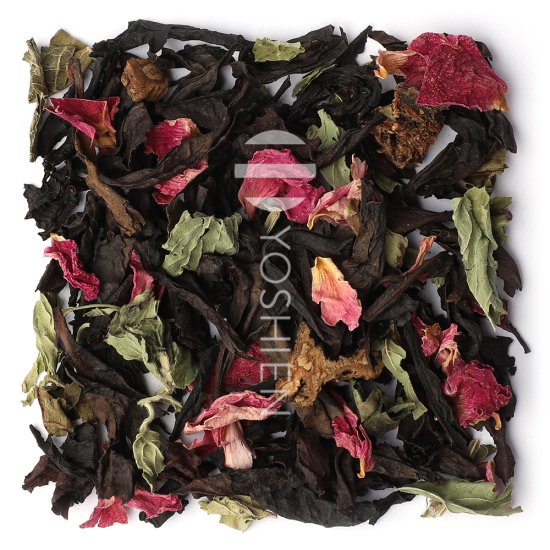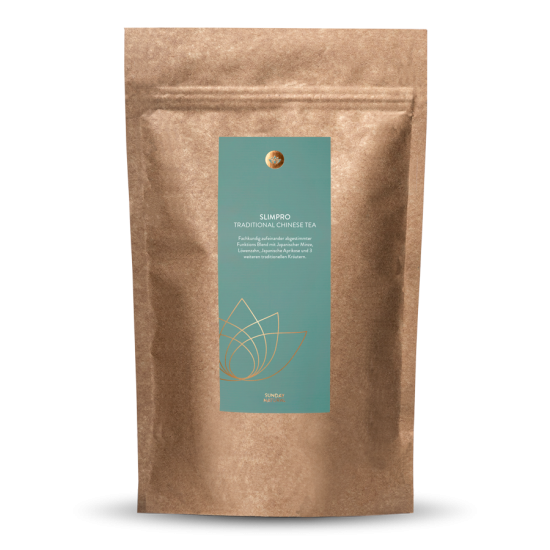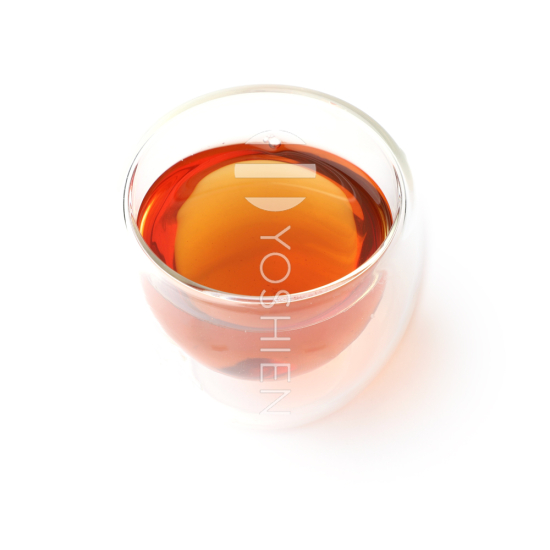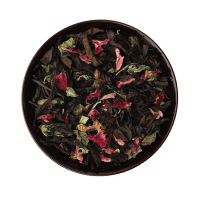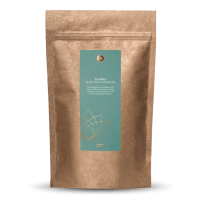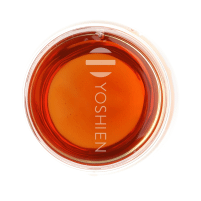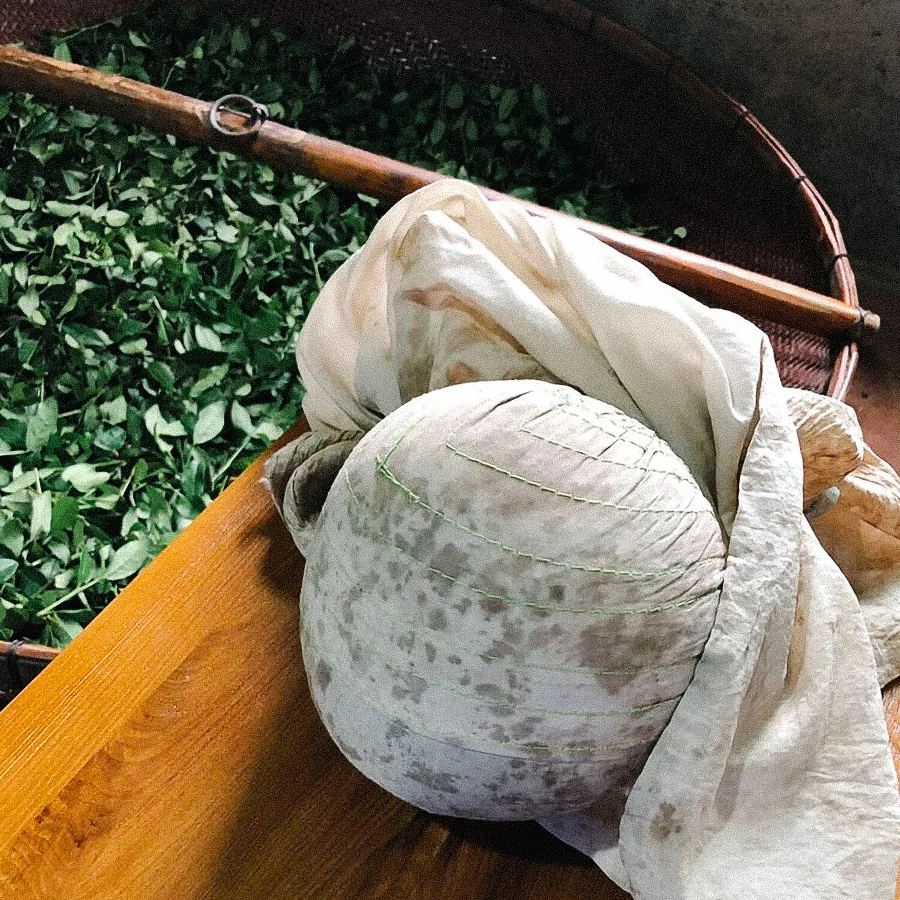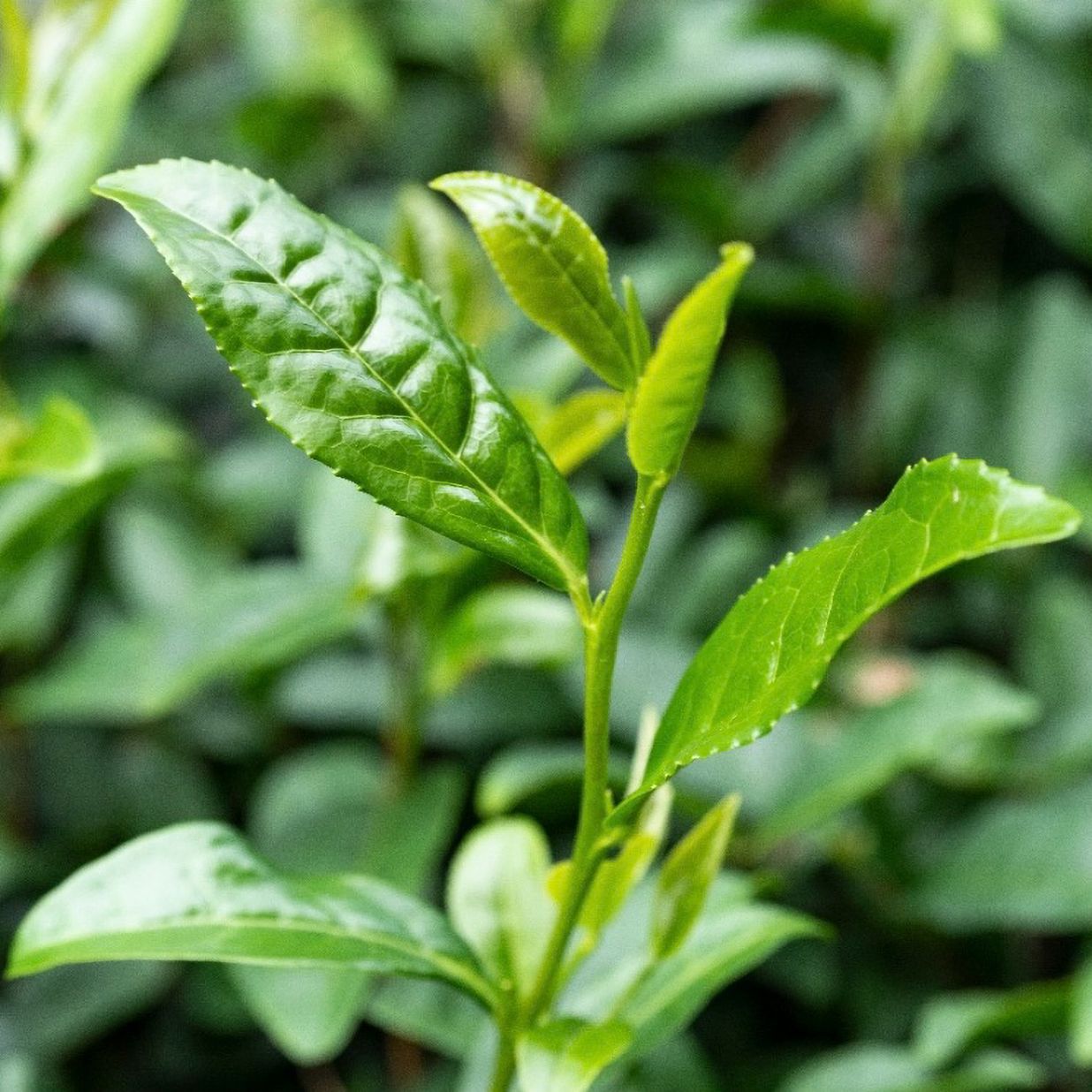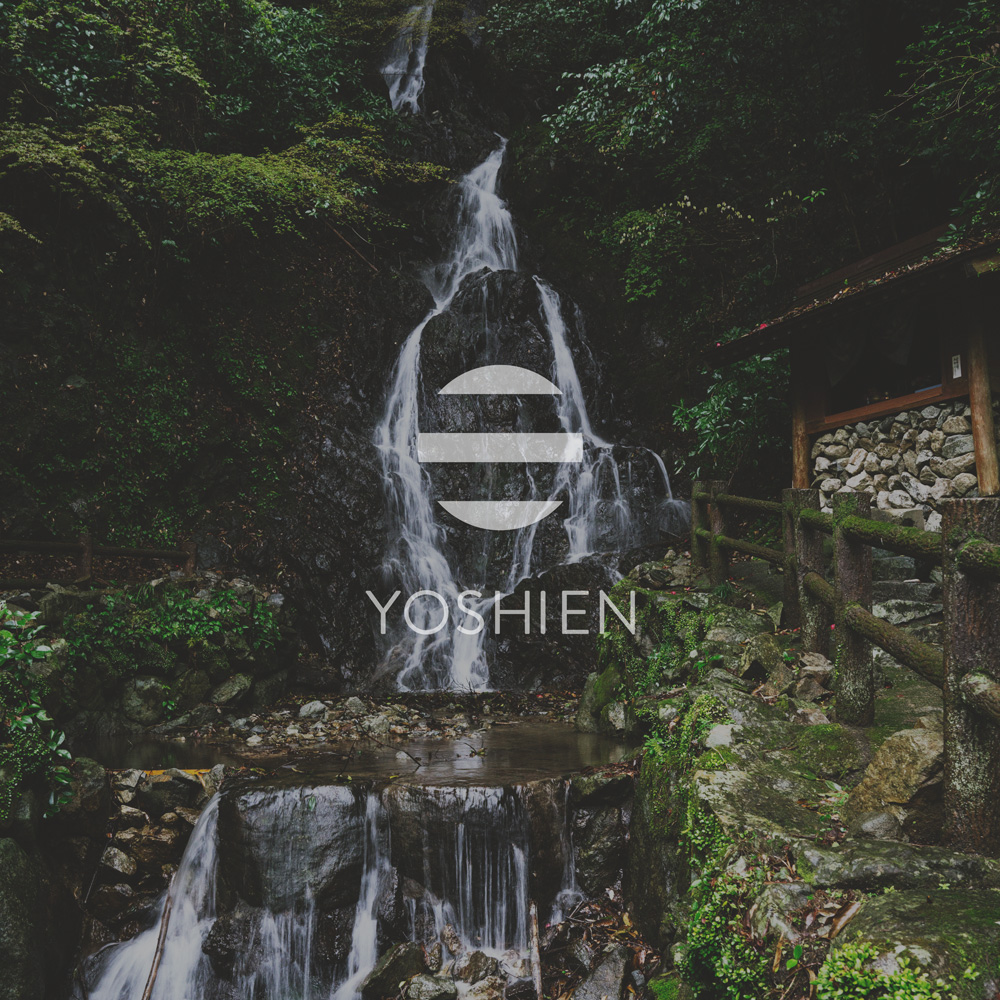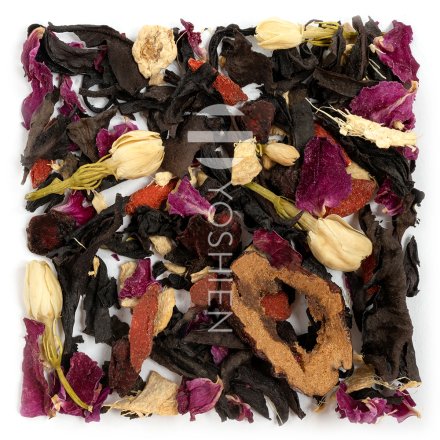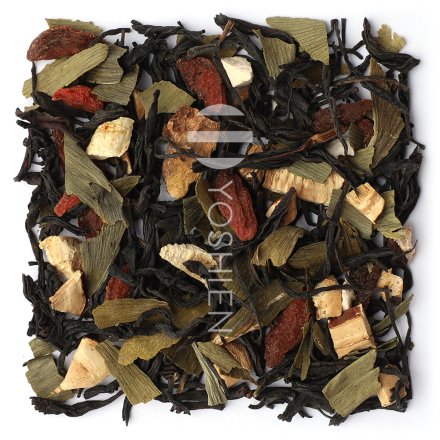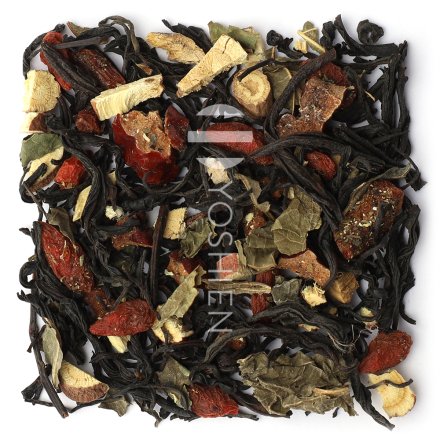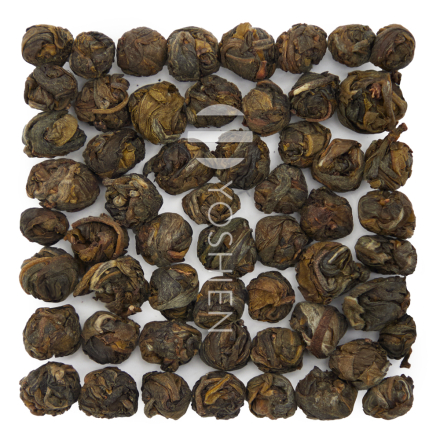Japanese Rose
Rosa rugosa (玫瑰花) or Japanese rose, is a hardy rose with a very delicate scent that spread to Japan and eastern Russia from China, where it originates. Our roses are cultivated as a hedge shrub but they can often be found growing in the wild. While this type of rose was already known and used in China 3,000 years ago, it was only mentioned in western writings in 1784.
Japanese Mint
Mentha canadensis (薄荷葉) or Japanese mint, is found in the northern hemisphere from Europe to Asia and also in North America. Its menthol content is higher than that of peppermint and its essential oils have been extracted in Japan and China for thousands of years for a variety of uses.
Mulberry Leaf
The leaves of the mulberry tree (Morus Folium L.) have been an important crop plant since ancient times, and not just in Asia. Originally they were native to the temperate and subtropical regions of the north outside of Europe. The tree was already widespread in Europe in antiquity and was used in a variety of ways.
Dandelion
Dandelion (Taraxacum officinale) is a resilient perennial herb native to the entire northern hemisphere. It exhibits remarkable adaptability, thriving in diverse habitats at altitudes of up to 2800m above sea level such as meadows, forests and even urban environments, where it can be found in such unlikely areas as cracks in the pavement. The dandelion can grow up to 10cm tall and is characterised by its distinctively white sap present in all parts of the plant. Although references to the dandelion date back to the 11th century in Persia, it wasn't until the 16th century that it was mentioned in European herbal lore.
Japanese Apricot
The Japanese apricot or plum grows on the ume tree (Prunus mume, 烏梅 ), which originates in China. Through lively cultural exchange this tree came to Japan and Korea, where it is very symbolic. With its round crown, this deciduous tree can reach heights of 15m, with some growing to be over a 1,000 years old.



